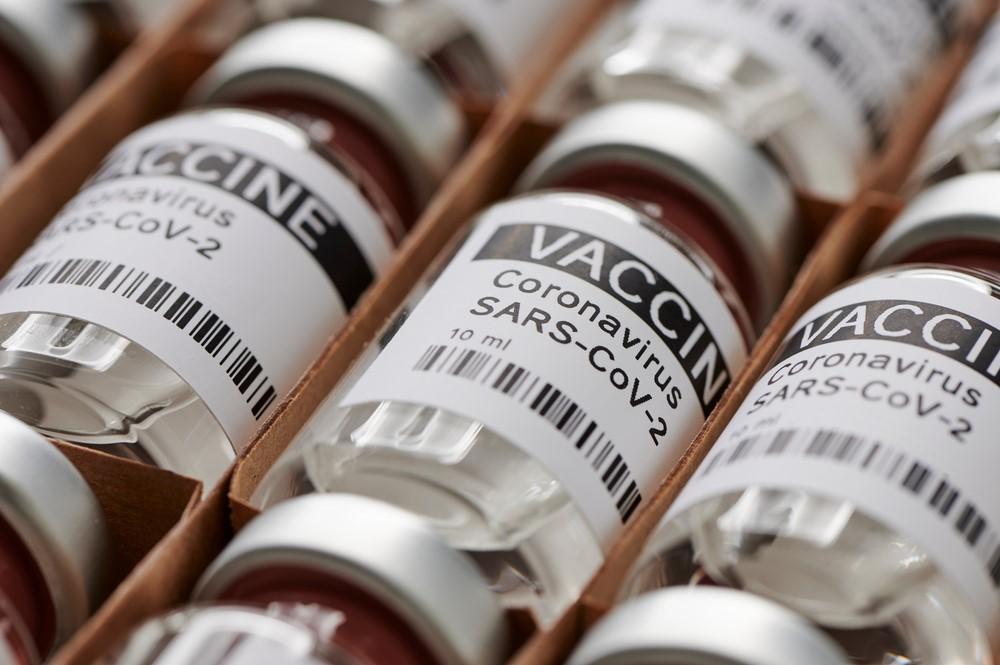
Gov. Kate Brown and public health officials warned on Friday that COVID-19 cases will increase in the weeks ahead, even as the state prepares to issue the first round of vaccines later this month.
The vaccinations will not quickly stop the pandemic’s requirements to social distance, stay at home and wear face masks, officials warned. It’s still months before many Oregonians will get a vaccine. The first batches of vaccines will inoculate only a couple of hundred thousand people of Oregon’s 4.2 million population. For now, the state’s modeling projects that COVID-19 cases will rise to 2,000 to 2,700 a day routinely by Christmas.
The state set another record on Friday, announcing 2,176 new cases. The state also reported 30 deaths. There have now been more than 80,000 Oregon COVID-19 cases since the pandemic started, and 1,003 deaths.
“We are not out of this crisis yet,” Brown said. “I know it’s hard to imagine, but in fact our hardest days still lie ahead.”
In the meantime, the great majority of Oregonians will likely have to wait months to get a vaccination. Front-line health care workers and people who work and live in long-term care and other facilities, particularly the elderly, are first on the priority list for receiving the vaccine.
Brown said new modeling of COVID-19 cases confirms the state’s “worst fears” that the pandemic will get much worse before the majority of the population is vaccinated.
The state’s vaccination work will start later this month, assuming the U.S. Food and Drug Administration’s emergency use approval goes through as expected. The federal government is buying vaccines from approved producers, and will provide vaccines from both Pfizer and Moderna to Oregon Both require two doses.
The state currently expects about 147,000 first doses of the vaccine total in December, Oregon Health Authority Director Patrick Allen said Friday.
For the Pfizer vaccine, that’s 35,100 first doses in a Dec. 15 shipment, followed by a second shipment of 40,950 first doses on Dec. 22. Separately, 71,900 doses will come from Moderna on Dec. 22.
For the second doses, the state projects it will receive 87,750 Pfizer doses and 31,700 Moderna doses on Dec. 29.
Allen stressed all the figures are preliminary at this point, but added “This is no doubt terrific news.”
Still, those doses will not come near to what Oregon needs, even for those first in priority.
There are about 300,000 health care workers in the state. Another 60,000 to 70,000 people live or work in long-term care facilities.
As a result, Oregon needs more than 700,000 doses just for that group, not counting the rest of the population.
Initially, the state will distribute the vaccines through hospitals. But as the vaccine becomes more widely available, others like tribal clinics, pharmacies and community groups will play a role, said Rachael Banks, public health director for the Oregon Health Authority.
Oregon’s vaccination work will not unfold quickly. Allen said the state doesn’t know how quickly the manufacturers will supply beyond the first shipments. Although the government and researchers are fast-tracking the process, there have been hiccups along the way. Pfizer has faced supply-chain problems that forced it to downscale its initial rollout.
For now, Oregonians don’t need to do much as far as the vaccine is concerned other than to keep an eye out for news as the health authority releases it. Allen said there isn’t a sign-up process for people that will place them ahead of others.
Allen said the state will convene a group of community leaders in this month to look at how to further prioritize and refine the vaccination of essential workers and others.
Allen said people not in the priority groups still face a wait of months before they will get a vaccine. Public health officials continue to urge Oregonians to practice social distancing, wash their hands and wear face masks to protect themselves and others.
“We cannot sit back, put our hands in our pockets and wait for the vaccine to come to us,” Allen said.
Separately, Brown strongly suggested that a special legislative session is possible later this month. Speaker Tina Kotek, D-Portland, has urged Brown to declare a special session and transfer $100 million from state reserves into housing and rent assistance for Oregonians. This comes as the state’s eviction moratorium ends Dec. 31.
Brown said she will meet with lawmakers and “hopefully we’ll know in the next few days.” She said she’s committed to coming up with a solution to keep people in their homes.
Kotek has asked Brown to declare a catastrophic disaster, which would allow the Legislature to meet remotely for business instead of in person in Salem.
You can reach Ben Botkin at [email protected] or via Twitter @BenBotkin1.